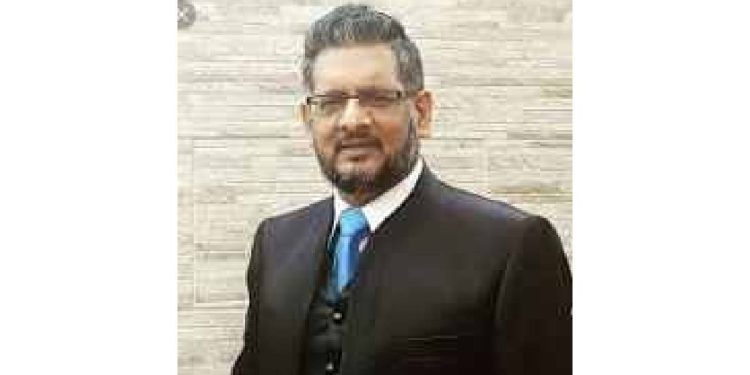The United National Congress stands on the precipice of yet another devastating electoral defeat, and the architect of this impending disaster is none other than Kamla Persad Bissessar herself. The sheer magnitude of her leadership failure has reached catastrophic proportions, as evidenced by the party’s stunning inability to perform even the most basic function of opposition politics – selecting candidates in a timely manner. While the PNM operates with military precision, having announced all 41 candidates with time to spare, the UNC under Kamla’s direction resembles a rudderless ship caught in a perfect storm of indecision, internal strife, and strategic paralysis. This isn’t merely poor planning – it’s political malpractice of the highest order, a textbook example of how not to run an election campaign, and conclusive proof that Kamla Persad Bissessar is fundamentally unfit to lead either her party or the nation.
The current fiasco represents not an aberration but rather the natural culmination of Kamla’s decade-long pattern of electoral mismanagement. The 2015 election serves as a haunting precedent, where the UNC’s criminally late selection of Vasant Bharath for St. Joseph – announced with just three weeks remaining – became emblematic of Kamla’s reckless approach to political warfare. Rather than accept responsibility for this strategic blunder, the leadership compounded their failure by shamelessly scapegoating Bharath, establishing a toxic pattern of deflection that continues to this day. Fast forward to 2025, and we witness history repeating itself with tragic predictability. While the party has grudgingly confirmed Devesh Maharaj for St. Joseph and Vandana Mohit for Chaguanas East, this minimal progress only serves to highlight the glaring vacancies elsewhere. The continued absence of candidates for Tunapuna, Mayaro, Moruga/Tableland, San Fernando East, Talparo and D’Abadie/Omera – all crucial battlegrounds – demonstrates either astonishing negligence or willful sabotage of the UNC’s electoral prospects.
What transforms this situation from mere political incompetence to outright betrayal is Kamla’s months-long charade of demanding immediate elections while knowing full well her party was woefully unprepared. Her theatrical performances in Parliament and at public forums, where she postured as the champion of democracy calling for elections, now stand exposed as the hollow theatrics they always were. This staggering hypocrisy reveals a leader either completely divorced from her party’s operational reality or deliberately misleading the public about her readiness to govern. Neither interpretation reflects well on Kamla’s fitness for leadership, and both explanations point to a fundamental character flaw that disqualifies her from high office.
The UNC’s decline under Kamla’s stewardship presents a textbook case of organizational collapse. After the humiliating 2015 defeat that ended their single term in government – brought about by equal parts arrogance, scandal, and tone-deaf governance – the party had an opportunity to reform and renew. Instead, Kamla doubled down on failure. The 2020 election, which should have been a golden opportunity against a vulnerable PNM, became another exercise in self-sabotage through poor candidate selection, factional infighting, and Kamla’s inability to articulate a compelling vision. Now in 2025, we see the same destructive patterns playing out with even greater intensity, suggesting not just stagnation but active degeneration of the UNC’s political capabilities.
The root causes of this ongoing disaster are painfully evident to any objective observer. Kamla’s leadership suffers from a complete absence of strategic thinking, replaced instead by reactive crisis management and seat-of-the-pants decision-making. Her reflexive tendency to blame everyone but herself for failures has created a culture of fear and scapegoating within the party that stifles innovation and discourages talent. The lack of any meaningful succession planning speaks to a leader more concerned with maintaining personal control than ensuring her party’s long-term viability. Perhaps most damning of all is the growing chasm between the UNC leadership and its traditional base, as Kamla’s detachment from grassroots concerns becomes ever more apparent while the PNM steadily consolidates its support.
The inescapable conclusion is the UNC Membership faces the prospect of another electoral defeat because of Kamla Persad Bissessar’s comprehensive failure as Opposition Leader. The UNC’s continued relevance in national politics now hinges on one simple but crucial step: the immediate removal of Kamla and her entire failed leadership team. Anything short of this represents an acceptance of permanent opposition status and the complete abandonment of the UNC’s founding principles. The choice before the party is stark but clear: persist with Kamla and face electoral oblivion or find the courage to rebuild under new leadership. The nation watches and waits, but time is running out.
Dr. Devant Maharaj, PhD, MBA

































































